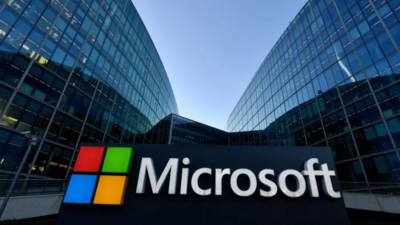Microsoft’s Cyber Signals Report Exposes AI-Enhanced Fraud Schemes
Microsoft’s latest Cyber Signals report reveals that artificial intelligence has significantly lowered barriers for cybercriminals, enabling more sophisticated and convincing fraud schemes. Between April 2024 and April 2025, Microsoft thwarted $4 billion in fraud attempts, rejected 49,000 fraudulent partnership enrollments, and blocked approximately 1.6 million bot signup attempts per hour.
AI-Powered E-Commerce Fraud
AI tools now allow fraudsters to create convincing e-commerce websites in minutes rather than days or weeks. These sites feature AI-generated product descriptions, images, and fake customer reviews that mimic legitimate businesses. AI-powered customer service chatbots add another layer of deception, interacting with customers and stalling complaints with scripted excuses to delay chargebacks.

Job Scams Enhanced by AI
Employment fraud has evolved with generative AI enabling scammers to create fake job listings, stolen credentials, and AI-powered email campaigns targeting job seekers. These scams often appear legitimate through AI-powered interviews and automated correspondence, making it increasingly difficult to identify fraudulent offers. Warning signs include unsolicited job offers promising high pay for minimal qualifications, requests for personal information including bank details, and offers that seem too good to be true.
Tech Support Fraud: AI-Driven Social Engineering
While some tech support scams don’t yet leverage AI, Microsoft has observed financially motivated groups like Storm-1811 impersonating IT support through voice phishing to gain access to victims’ devices through legitimate tools like Windows Quick Assist. AI tools can expedite the collection and organization of information about targeted victims to create more credible social engineering lures.
Microsoft’s Proactive Measures Against Fraud
Microsoft is taking a proactive approach to fraud prevention through its Secure Future Initiative. In January 2025, the company introduced a new policy requiring product teams to perform fraud prevention assessments and implement fraud controls as part of their design process. Microsoft has also joined the Global Anti-Scam Alliance to collaborate with governments, law enforcement, and other organizations to protect consumers from scams.


